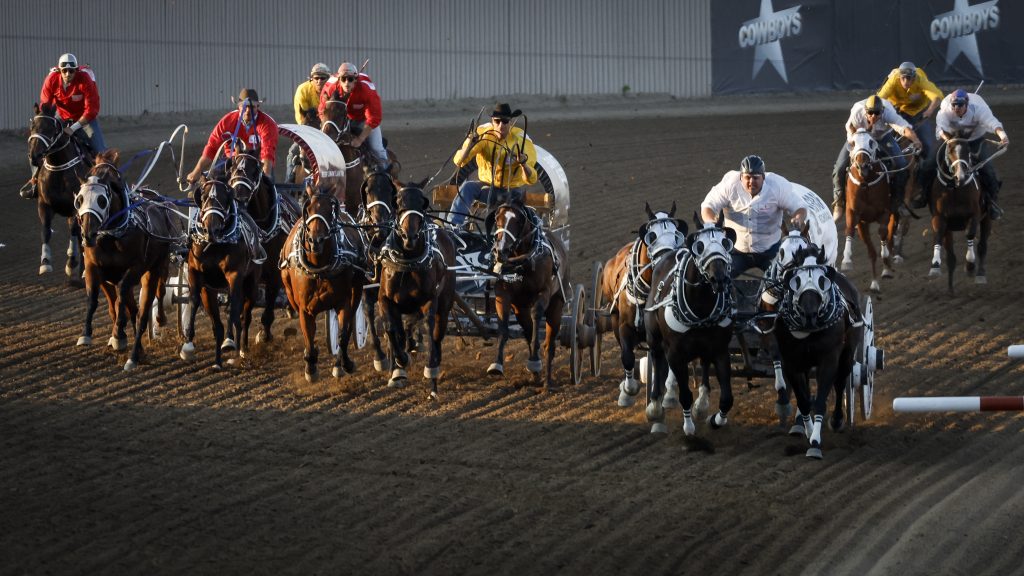UCalgary researching impact Stampede has on animal welfare

Posted Jun 29, 2024 12:58 pm.
The University of Calgary‘s (UCalgary) Faculty of Veterinary Medicine has taken on a groundbreaking study: researching the impact the Stampede has on animal welfare.
Researchers took a deep dive into fear and stress in bucking bulls and bucking horses, with a focus on the animals just before they hit the big stage.
“We identified some pinch points and areas that they could address and make better and they responded to that,” said Ed Pajor, professor of Animal Behaviour and Welfare and director of W.A. Ranches at UCalgary’s Faculty of Veterinary Medicine.
According to the university, the study found most of the animals were relatively calm.
“Seventy per cent of the bulls showed almost no signs of stress prior to the actual event,” Pajor told CityNews.
“Yes, there were animals that showed signs of stress, a lot of those were animals that were new to the Stampede or hadn’t been to the Stampede previously.”
UCalgary is looking at the overall safety of the Chuckwagon horses by developing a program that sees researchers take blood samples of the horses after their first race, which allows them to measure how the animal’s heart muscle reacts to the races.
“Then we can for example red flag a horse that would have a little bit more cardiac stress from the races, and make decisions to prevent any issues or accidents,” Pajor said.
In terms of fitness, preparation and cardiac stress, Pajor says the first two years of this pilot study indicated the vast majority of the horses had no real issues racing.
“Most of the results have been perfectly normal and fine. We’re really looking for those few outliers and few red flag horses,” he said.
This year, all chuckwagon horses at the Stampede will have their blood taken after their first race. UCalgary is also in the process of developing a two-year animal welfare assessment program that takes into account both the negative and positive experiences of the rodeo animals at Stampede.
“We’ll be looking at the types of environments the animals are kept in, how the animals are handled and moved. Looking for injuries and health status of the animal,” Pajor said.








